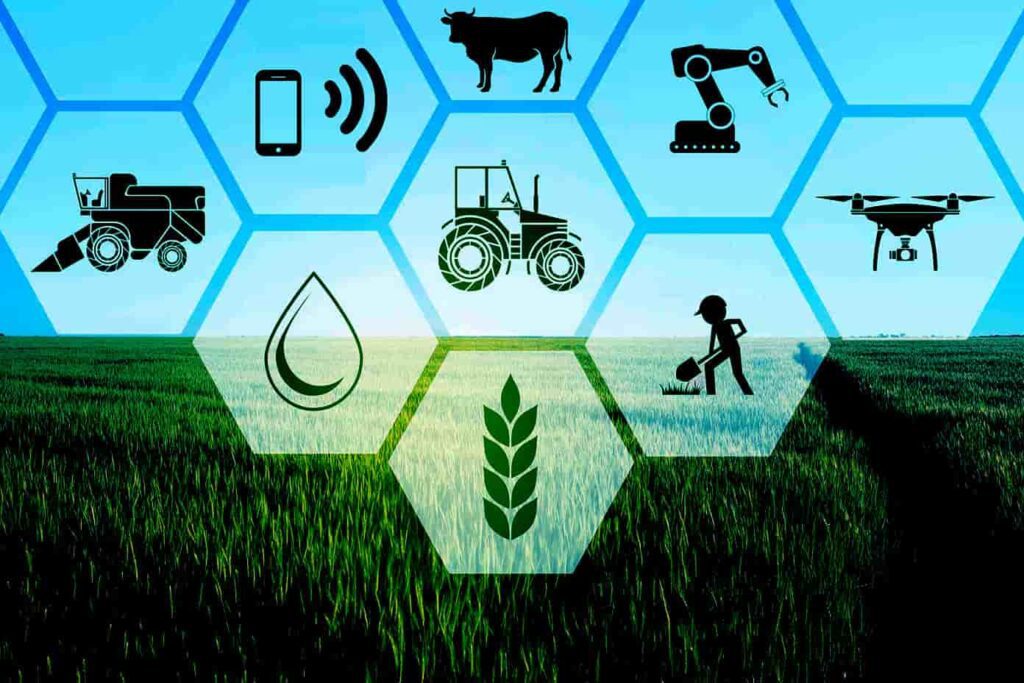- Web
- Feb 05, 2026
Call for adoption of modern agricultural technology for sustainable growth
-

- Web Desk
- Aug 27, 2023

ISLAMABAD (APP): Pakistan Hitech Hybrid Seed Association (PHHSA) Chairman Shahzad Ali Malik has emphasized the pressing need for the integration of modern technology into agricultural practices to enhance productivity and meet the growing food demands of the population.
In a meeting with a delegation of progressive farmers led by Momin Ali, Malik urged the government to prioritize advanced biotechnology techniques to develop resilient crop varieties that can withstand pests, diseases, and adverse climate conditions, according to an official news release.
Malik underscored that the integration of modern technologies not only ensures food security but also augments farmers’ incomes and reduces reliance on imports.
He highlighted the potential of precision agriculture, remote sensing, data analytics, and biotechnology to optimize resource utilization, enhance productivity, and mitigate environmental impact.
IMF pushes for ‘taxing real estate, agriculture’
“Modernizing technology is deemed essential for fostering sustainable growth and development within the agricultural sector. With agriculture playing a pivotal role in the economy – contributing to food security, raw materials for industries, employment generation, and rural community support – its transformation is critical for economic stability and growth,” he said.
Acknowledging the challenges posed by erratic weather patterns, shrinking arable land, and population growth, Malik emphasized that embracing modern technology is imperative for long-term agricultural sustainability.
He asserted that by investing in research and development, incentivizing innovative farming methods, introducing new hybrid seed varieties, and creating a supportive policy landscape, Pakistan can revolutionize its agricultural sector, paving the way for a prosperous and sustainable future.
Malik, a recipient of the Sitar-I-Imtiaz award, expressed optimism that the new caretaker leadership could set a precedent for technology-driven agriculture, serving as a model for economic transformation and improved livelihoods.




